
Broschiertes Buch
New Perspective on Creating Shared Value
19. Dezember 2024
Taylor & Francis Ltd
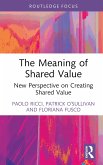
Gebundenes Buch
New Perspective on Creating Shared Value
20. Juni 2023
Routledge / Taylor & Francis
| eBook, ePUB | 21,95 € | |
| eBook, PDF | 21,95 € |
21,95 €
Sofort per Download lieferbar
21,95 €
Sofort per Download lieferbar
Ähnliche Artikel

Broschiertes Buch
A Real-World Approach
29. Januar 2024
Taylor & Francis Ltd
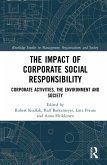
Gebundenes Buch
Corporate Activities, the Environment and Society
26. August 2022
Routledge / Taylor & Francis
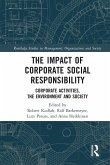
Broschiertes Buch
Corporate Activities, the Environment and Society
27. Mai 2024
Routledge / Taylor & Francis

Broschiertes Buch
A Rejoinder to Social Psychologists
1. Juni 2024
Taylor & Francis Ltd
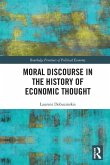
Broschiertes Buch
29. Januar 2024
Routledge / Taylor & Francis
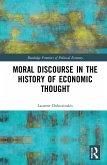
Gebundenes Buch
23. Juni 2022
Routledge / Taylor & Francis
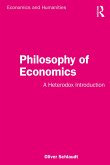
Broschiertes Buch
A Heterodox Introduction
28. Oktober 2021
Routledge / Taylor & Francis
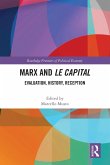
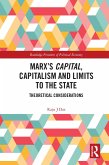
Gebundenes Buch
Theoretical Considerations
1. Juni 2022
Routledge / Taylor & Francis
Ähnlichkeitssuche: Fact®Finder von OMIKRON
